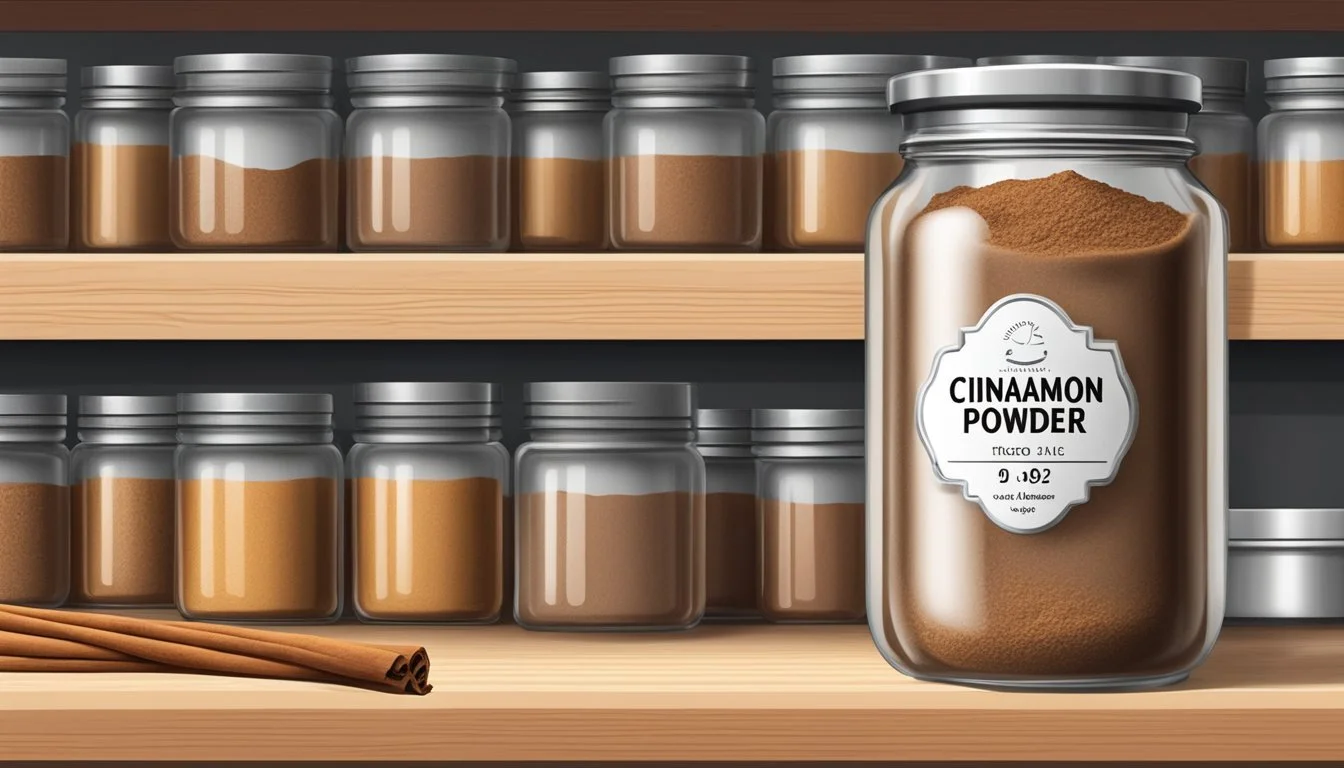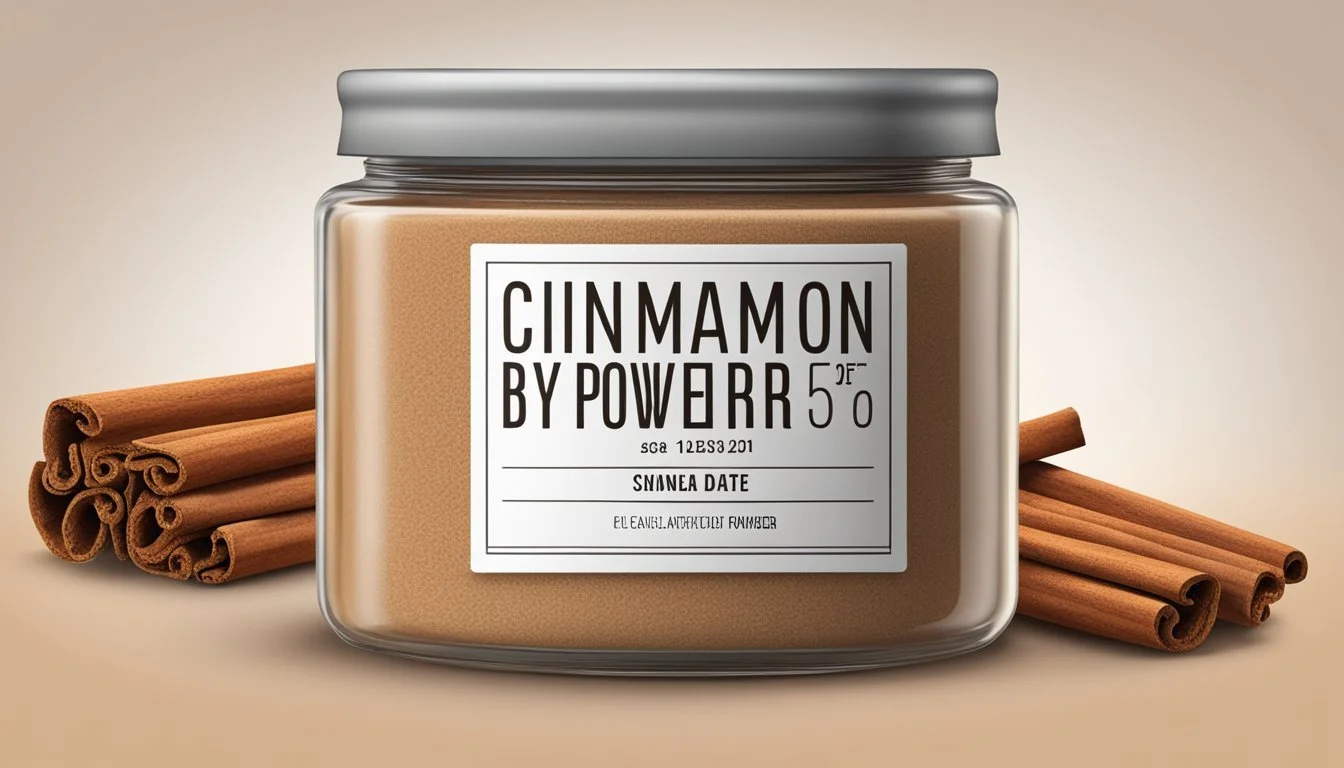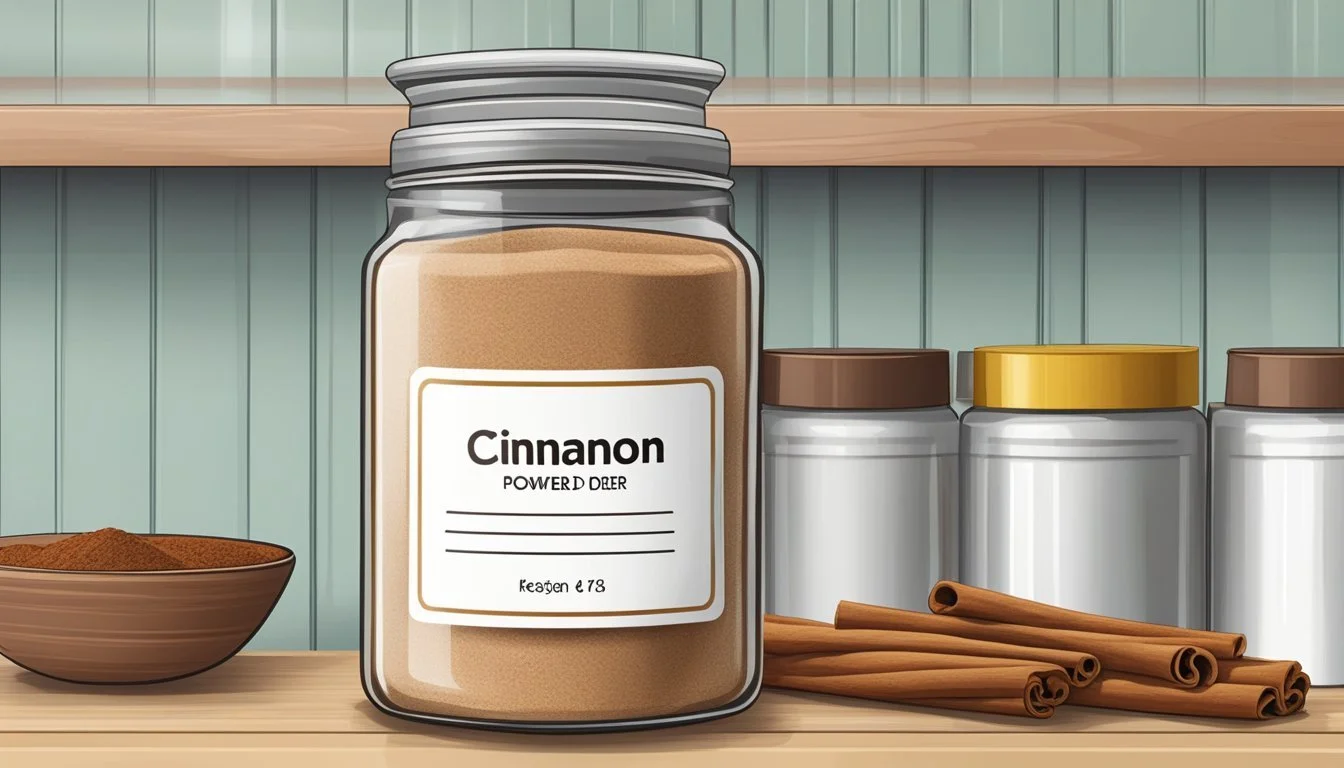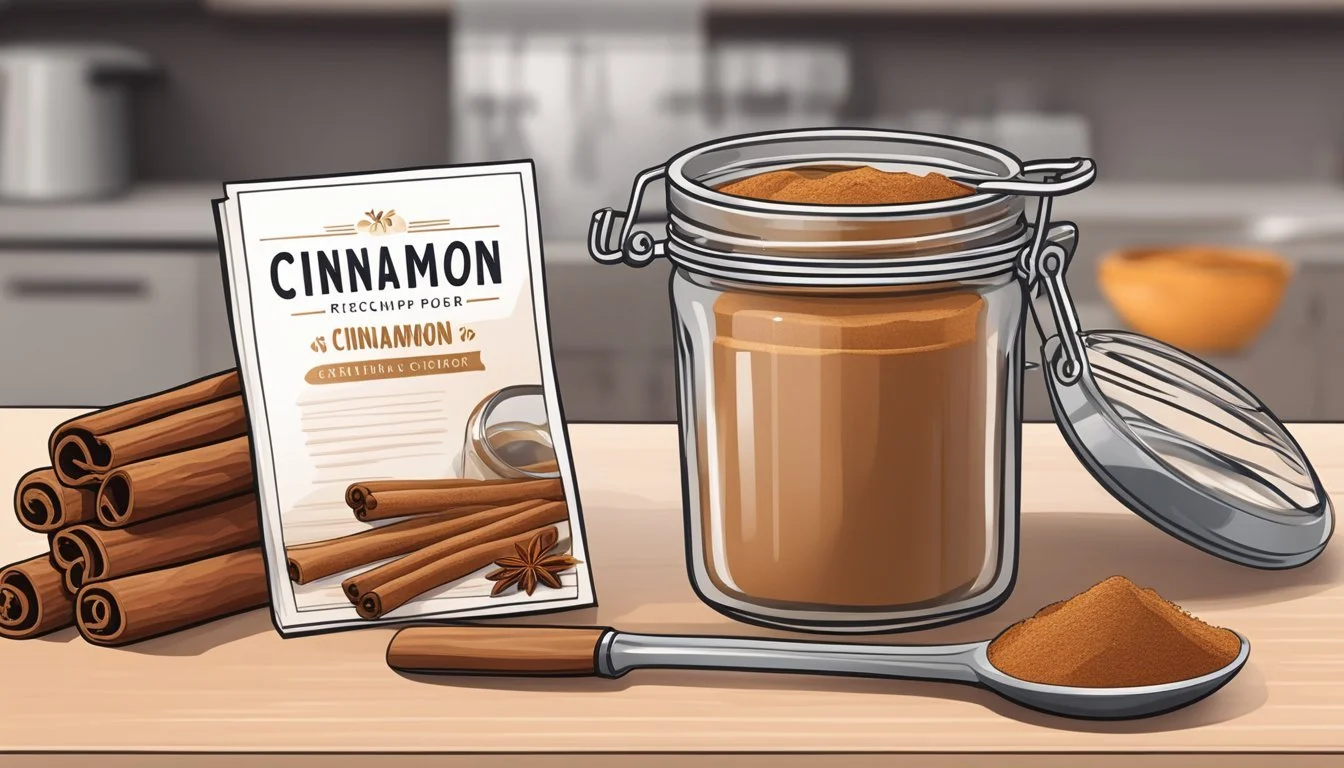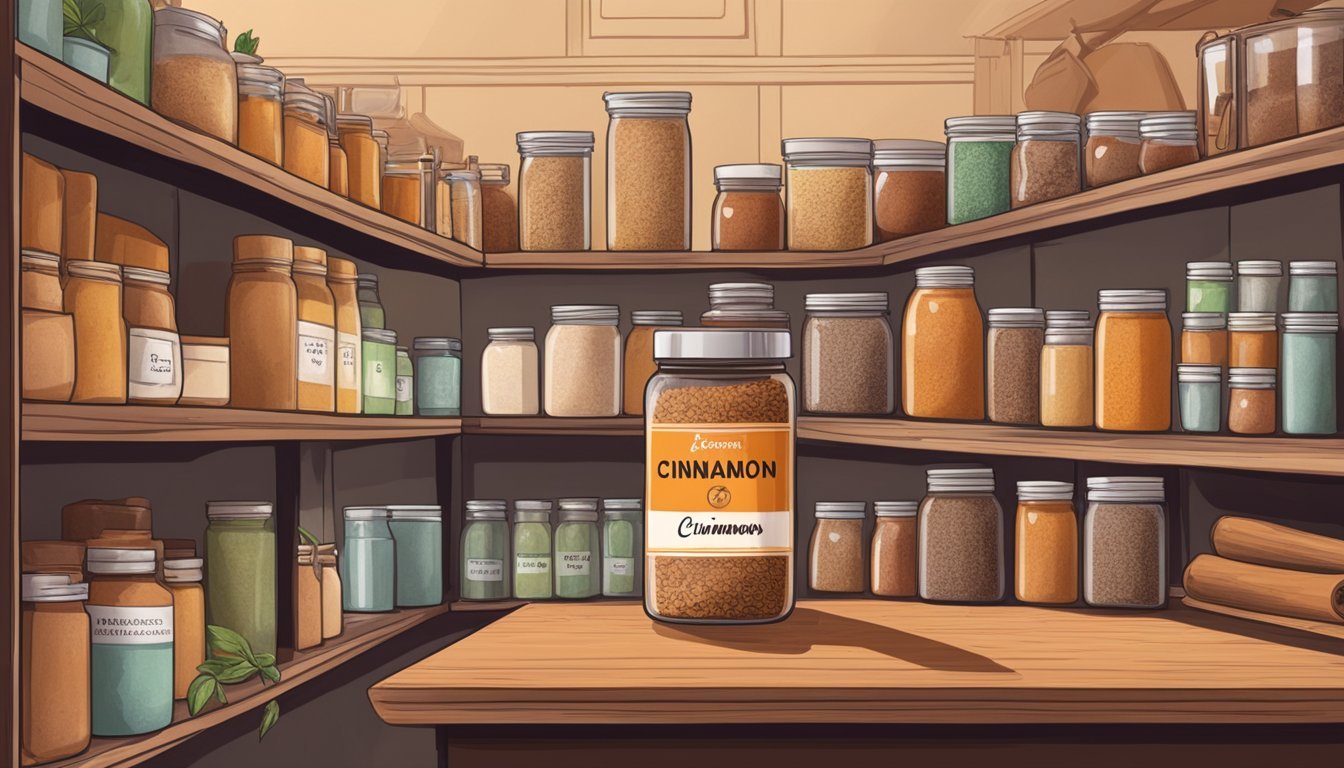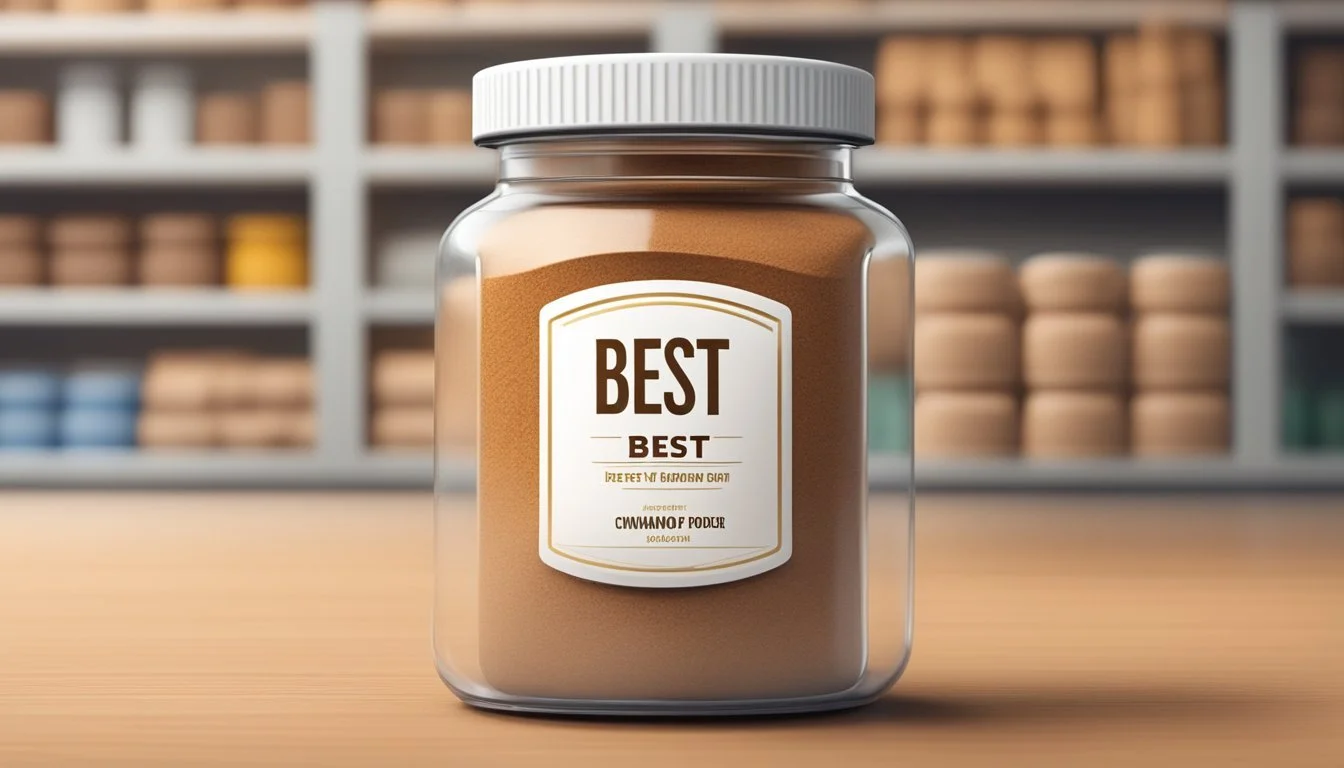How Long Does Cinnamon Powder Last?
Shelf Life and Storage Tips
Cinnamon powder is a staple in many kitchens, appreciated for its warm, sweet, and slightly spicy flavor. It is derived from the inner bark of Cinnamomum trees and is used in a variety of sweet and savory dishes. As a ground spice, it is commonly questioned how long it retains its potency and flavor. Generally, cinnamon powder has a shelf life of two to three years when stored properly in a cool, dark place, away from direct sunlight and moisture. This spice does not necessarily expire in a way that makes it unsafe for consumption after this time frame, but its quality may diminish.
As time progresses, cinnamon powder will gradually lose its distinctive aroma and taste, becoming more muted and less effective in culinary applications. It is recommended to consume cinnamon powder within the first year of purchase to enjoy its optimal flavor and strength. While it may remain safe to consume after this point, the sensory attributes, which are central to its culinary use, will degrade. It is also crucial to consider the "best by" or "best before" date on the packaging, as this provides a manufacturer’s estimate of when the product will be at its peak quality.
In terms of storage, the key to maintaining the longevity and quality of cinnamon powder is to keep it sealed in an airtight container to minimize exposure to air and humidity, which can hasten the loss of flavor and lead to spoilage. By adhering to proper storage practices, cinnamon powder can remain a valuable and flavorful component of cooking and baking for an extended period.
Understanding Cinnamon
In the world of spices, cinnamon is celebrated for its distinctive warmth and sweetness. Its versatility allows it to deliver both health benefits and culinary delight.
Origins and Types
Cinnamon is derived from the inner bark of trees scientifically known as Cinnamomum. Two primary types of cinnamon are found in the market:
Ceylon cinnamon (Cinnamomum verum), often considered "true cinnamon," is native to Sri Lanka and southern parts of India. It is lighter in color and has a delicate, sweet flavor.
Cassia cinnamon (Cinnamomum cassia), commonly found in stores, originates from China and is darker with a more pungent flavor.
Both types contain the compound cinnamaldehyde, which contributes to cinnamon's aromatic qualities.
Health Benefits
Cinnamon is not just a spice for culinary use; it also boasts numerous health benefits. Studies indicate that cinnamon can:
Support metabolic health by helping to regulate blood sugar levels.
Exhibit anti-inflammatory properties, potentially reducing the risk of disease.
Provide antioxidants that protect the body from oxidative damage caused by free radicals.
However, it's advised to consume cinnamon in moderation, as excessive intake can have adverse effects.
Culinary Uses
Cinnamon enriches countless recipes with its warm, sweet, and woody notes. Here's how it's used:
Ground cinnamon is a staple in baking, adding depth to cakes, cookies, and bread.
Cinnamon sticks serve as flavoring agents in beverages like mulled wine, hot cider, and teas.
Whether used as ground spice or whole sticks, cinnamon is a key ingredient in spice blends and is indispensable in both sweet and savory dishes worldwide.
Shelf Life of Cinnamon
Cinnamon's shelf life is influenced by storage conditions and form. Proper storage can preserve cinnamon's flavor and potency, while signs of aging indicate when it's past its prime.
Factors Affecting Shelf Life
The shelf life of cinnamon is subject to various influences:
Storage Environment: A cool, dark place is ideal.
Humidity and Temperature: Less exposure to moisture and heat preserves its essential oils.
Packaging: Airtight containers prevent aroma and flavor loss.
Cinnamon Sticks vs Powder
There's a noticeable difference in longevity between cinnamon sticks and ground cinnamon powder:
Cinnamon Sticks: Can last up to 4 years.
Ground Cinnamon Powder: Typically has a 2-3 year shelf life.
Both forms have a best by date, which hints at optimal quality rather than safety.
Common Signs of Aging
Cinnamon doesn't spoil like fresh produce but it does age. Here's how to identify aged cinnamon:
Aroma: Diminished scent suggests less potent essential oils.
Flavor: Faded flavor means it's losing potency.
Color: Look for any dulling as a sign of age.
Smell: Any off smells can be a clear indication it's past best quality.
In conclusion, while cinnamon may not become unsafe to consume after the expiration date, its desirable qualities degrade over time.
Proper Storage Techniques
Storing cinnamon powder correctly is crucial for preserving its quality and flavor. The right storage techniques can significantly extend the spice's shelf life.
Ideal Conditions for Cinnamon
Temperature and Light: The pantry serves as the perfect location for storing cinnamon powder, for it provides a cool and dark environment. Airtight containers are essential in maintaining cinnamon's freshness. Ideally, temperatures between 40-50°F (4-10°C) prevent flavor deterioration.
Preventing Moisture Exposure
Container Selection: Cinnamon should always be stored in airtight containers to guard against moisture, which can lead to clumping and mold. These containers should be made of glass or metal to mitigate potential flavor loss and prevent odors from affecting the spice.
Maximizing Freshness
Frequent Checks: Regular checks for scent and taste are advised to ensure cinnamon retains its characteristic warmth and potency. If cinnamon powder loses its robust aroma and flavor, it may still be safe to consume but will contribute less to culinary endeavors.
Potential Issues and Safety
When it comes to the shelf life of cinnamon powder, safety and quality are paramount considerations. This section will address potential issues related to spoilage, any health risks associated with spoiled cinnamon, and measures to prevent bug infestation.
Identifying Spoilage
Cinnamon powder is known for its long shelf life, but it can still be susceptible to spoilage if exposed to adverse conditions. Signs of spoilage include:
A dull or faded color, as opposed to the rich brown typically associated with fresh cinnamon.
A lack of aroma or a significant reduction in the spice's characteristic scent.
Health Risks of Spoiled Cinnamon
While cinnamon powder does not generally harbor dangerous pathogens that multiply and lead to foodborne illnesses, consuming spoiled cinnamon can pose other health risks. If one notices any mold growth or an off smell, it's advisable to discard the cinnamon as it could lead to allergic reactions or respiratory problems.
Bug Infestation Prevention
To prevent bug infestations, which can compromise the safety and quality of cinnamon powder, adhere to these storage practices:
Store cinnamon powder in a tightly sealed container to keep out bugs and moisture.
Place in a cool, dark area such as a pantry or cabinet, away from heat sources and sunlight.
Using Cinnamon Effectively
When one uses cinnamon in cooking, the key to effectiveness is assessing the quality of the spice and understanding how it can best enhance recipes.
Quantifying Quality
Quality of cinnamon is paramount for a cook seeking to impart the desired flavor and aroma to a dish. Ground cinnamon retains its potency for about 2-3 years when stored properly in a cool, dark place. Although it may be safe to consume after this period, the quality will degrade. They should look for a rich brown color and a strong, sweet aroma as indicators of freshness. If there is any sign of clumping, discoloration, or an off-smell, this indicates that the spice has diminished in quality.
Recipe Enhancements
Ground cinnamon can significantly contribute to a recipe's complexity of flavors. A spoonful of this spice can transform both sweet and savory dishes, from cinnamon rolls to Moroccan tagine. To make the most of it, one should incorporate ground cinnamon during the cooking process to allow its flavor to meld with other ingredients. Here is a simple guide to enhancing recipes with ground cinnamon:
For Baking: Add ground cinnamon to the dry mix of ingredients to ensure even distribution.
In Savory Dishes: Incorporate a pinch of ground cinnamon with other spices early in the cooking to build a flavor base.
Beverages: Stir ground cinnamon into coffee or tea to add a subtle spice note.
Final Touch: Sprinkle lightly over finished dishes or desserts for an extra hint of aroma and flavor.
When using ground cinnamon, cooks should consider it as a complement to other spices, as its warm and sweet notes can elevate the overall flavor profile of the recipe.
Alternative Spices
In the event that cinnamon powder is unavailable or desired to be conserved, there are a number of alternatives that can be used to achieve a similar flavor profile or provide distinctive tastes to dishes. These substitutes offer diverse flavors and may also contain antioxidants beneficial to health.
Substitutes for Cinnamon
Nutmeg: This spice offers a warm, nutty flavor and can be used in baking and savory dishes alike. It's particularly rich in antioxidants and can be an adequate substitute for cinnamon in many recipes.
Allspice: With notes of cloves, cinnamon, and nutmeg, allspice is a versatile spice used to replace cinnamon, especially in Caribbean cuisine.
Cloves: They provide a pungent, sweet flavor and are another antioxidant-rich spice. Cloves work well in recipes that call for a strong, lingering warmth.
Mixing with Other Spices
When cinnamon is not the sole spice in a recipe, other spices can be mixed to create new flavor combinations that might even enhance the dish:
Cumin: While not similar in taste to cinnamon, cumin offers its own warm, earthy tone that pairs well with a myriad of spices, including the possible substitutes mentioned above.
Combination: Creating a blend of nutmeg, allspice, and cloves can produce a complex taste that mimics the multifaceted nature of cinnamon, adding depth to recipes and providing antioxidant benefits.
Preserving and Extending Shelf Life
To maintain the freshness and potency of cinnamon powder, proper storage practices are essential. These methods can significantly extend the spice’s shelf life beyond its expected duration.
Freezing Cinnamon
Freezing cinnamon powder is a viable option for preservation. When stored in an airtight container or a heavy-duty freezer bag, it can retain its quality for longer periods. The key is to ensure minimal exposure to moisture and air, which can lead to loss of flavor. Each time the cinnamon powder is used, it should be promptly returned to the freezer to maintain its freshness.
Handling Unopened Packages
Unopened packages of cinnamon powder benefit from being stored in cool, dark places, away from direct sunlight and sources of heat. A pantry or a cabinet that is away from the stove or any appliances that generate heat can provide an ideal storage location. By keeping the package unopened until needed, one can ensure that the spice stays fresh and potent for up to 4-5 years.

